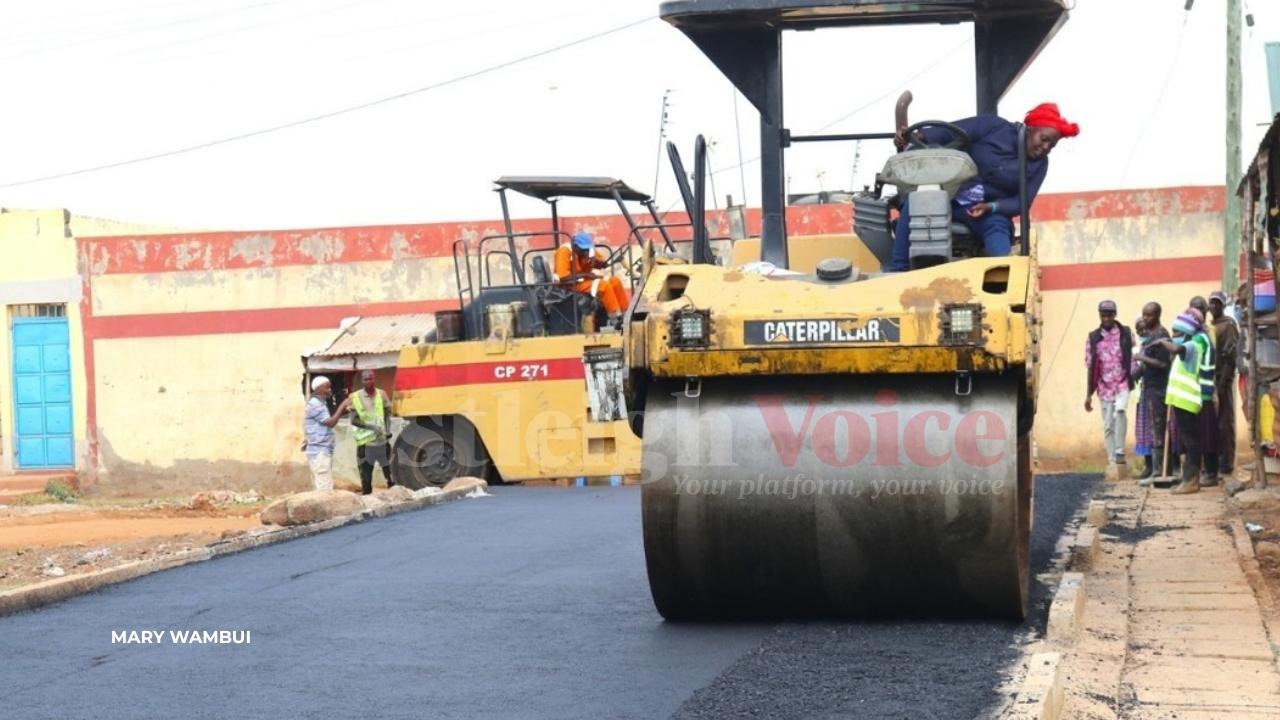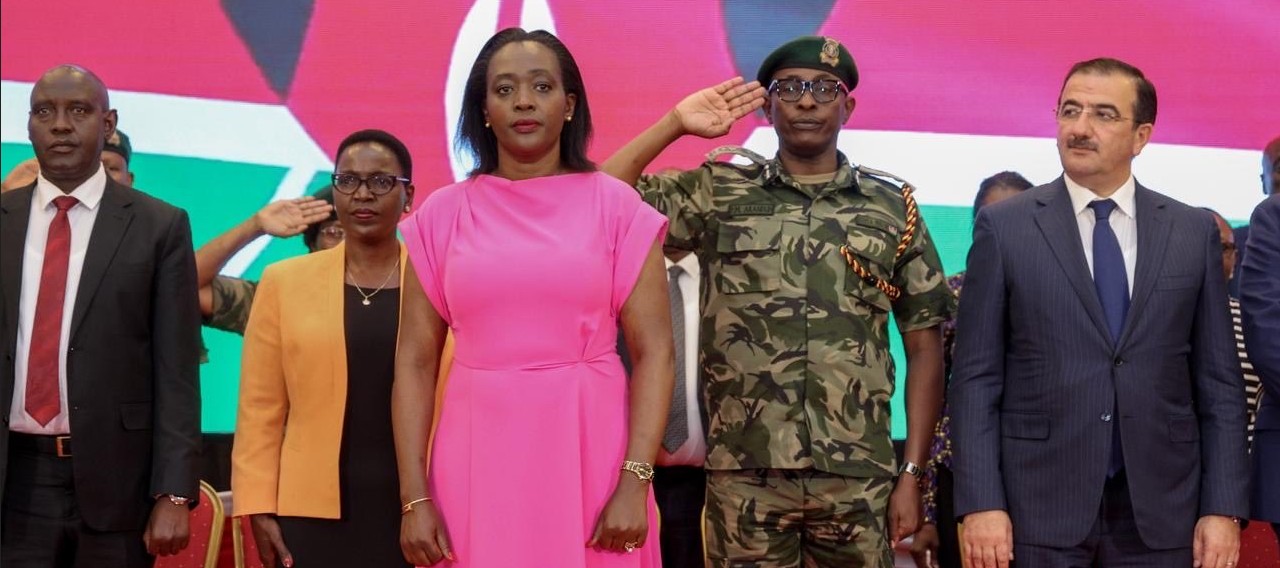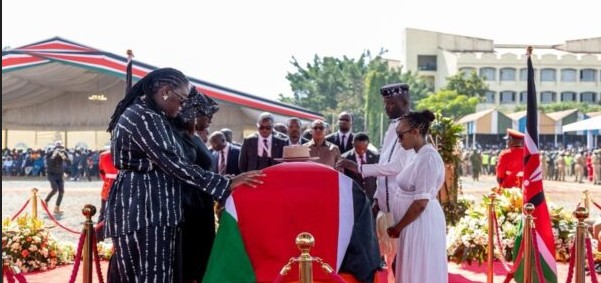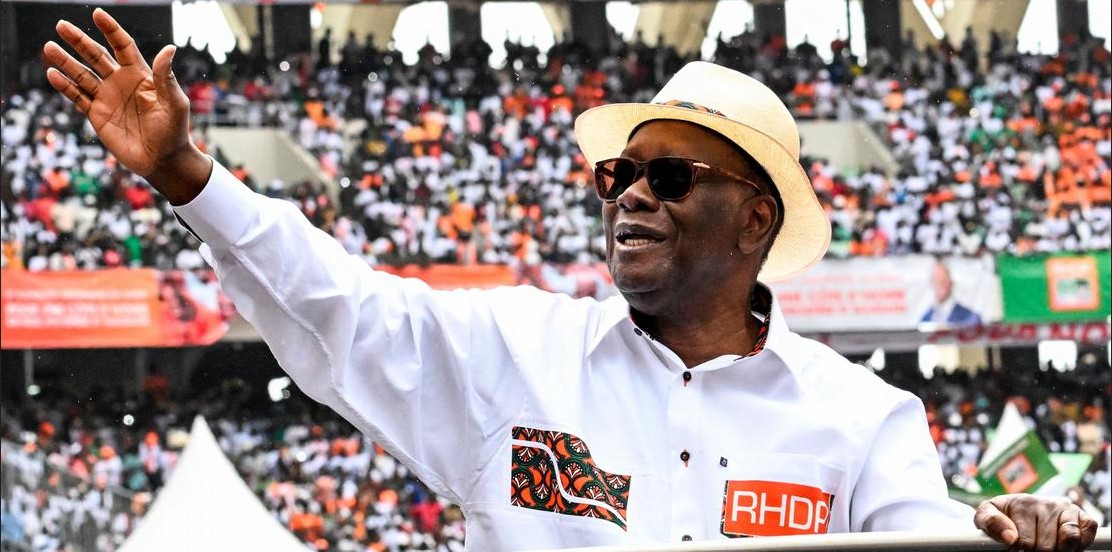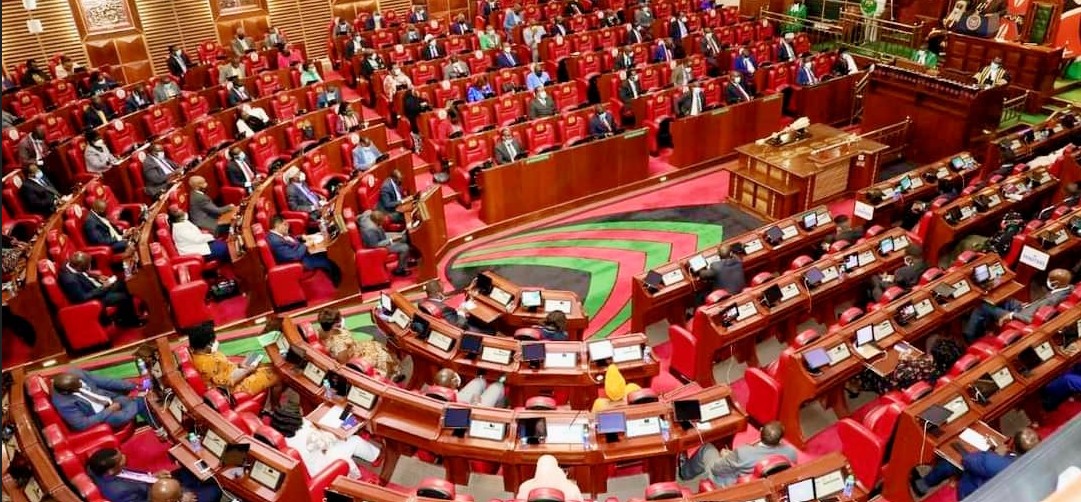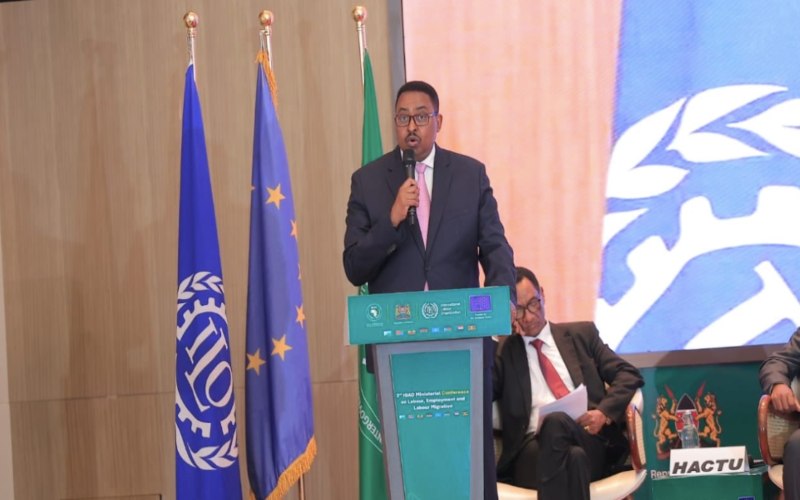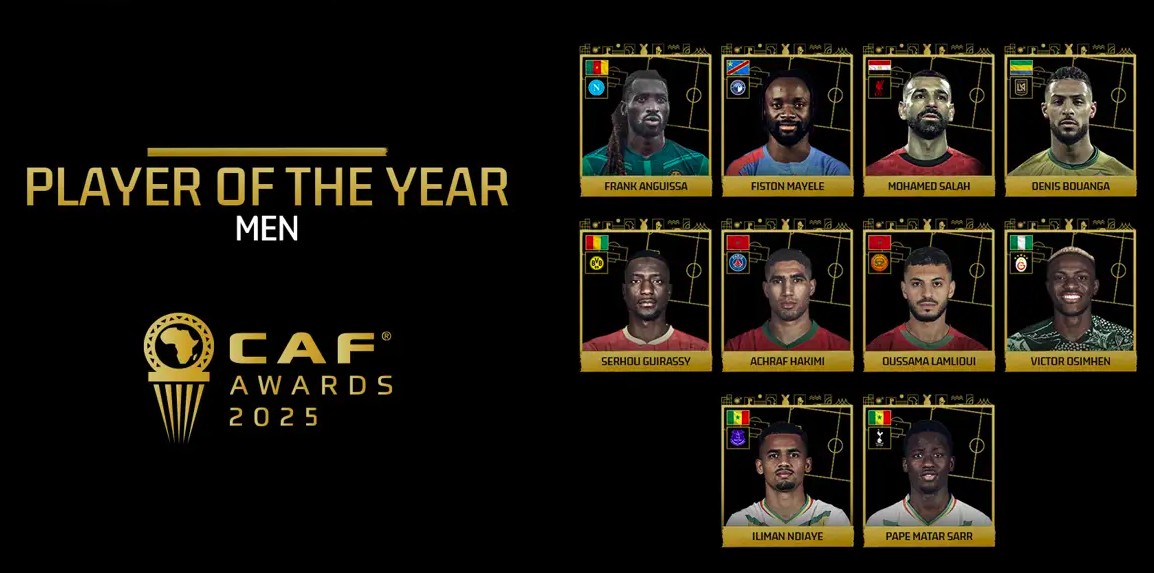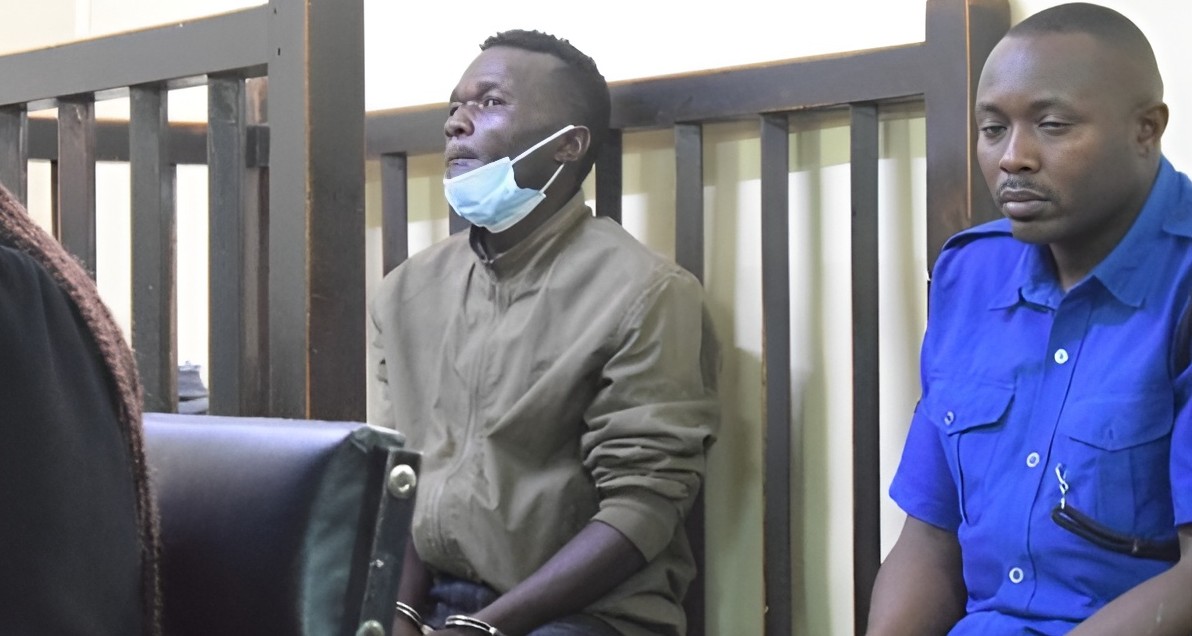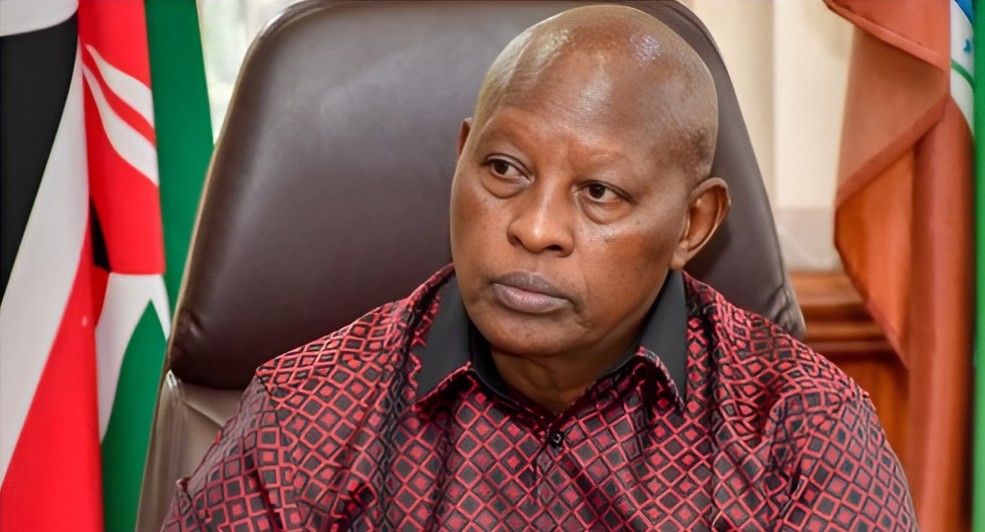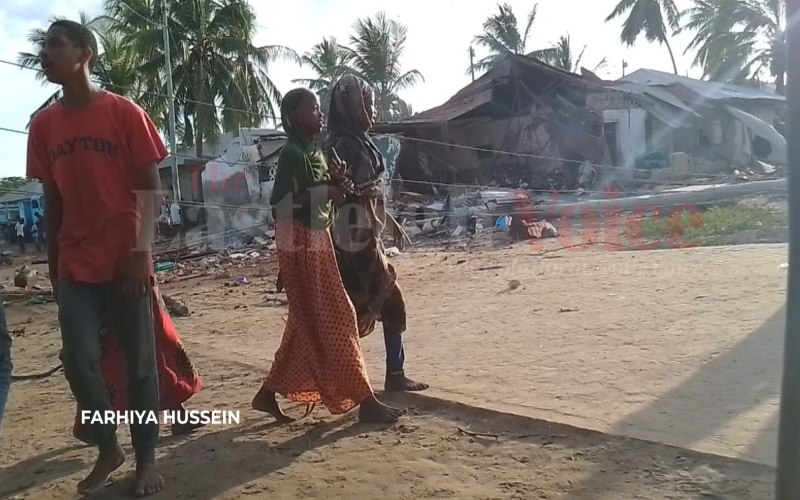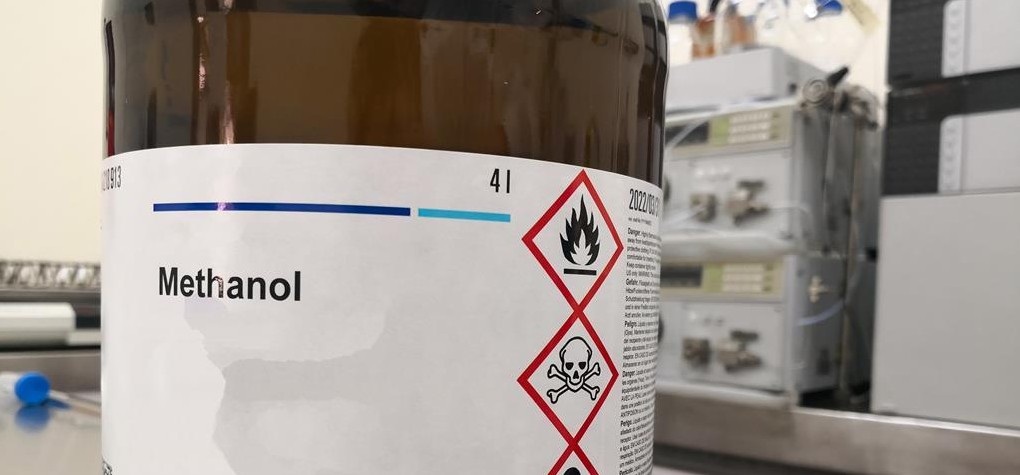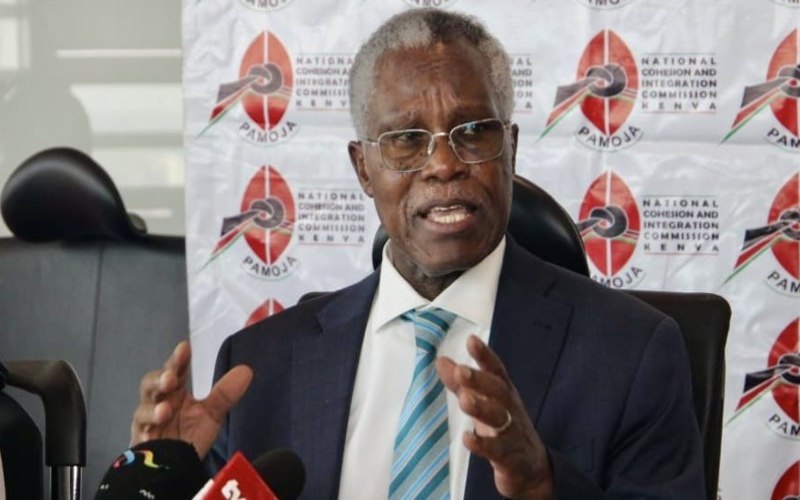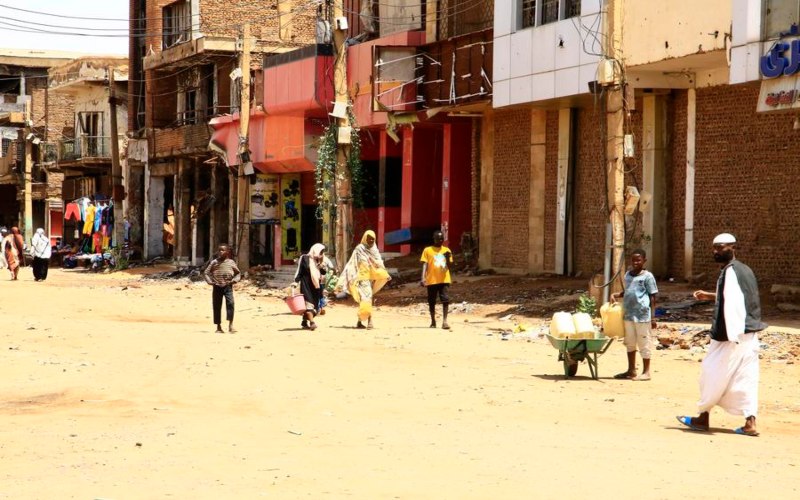How Raila Odinga's move to join Ruto’s broad-based government has divided ODM loyalists
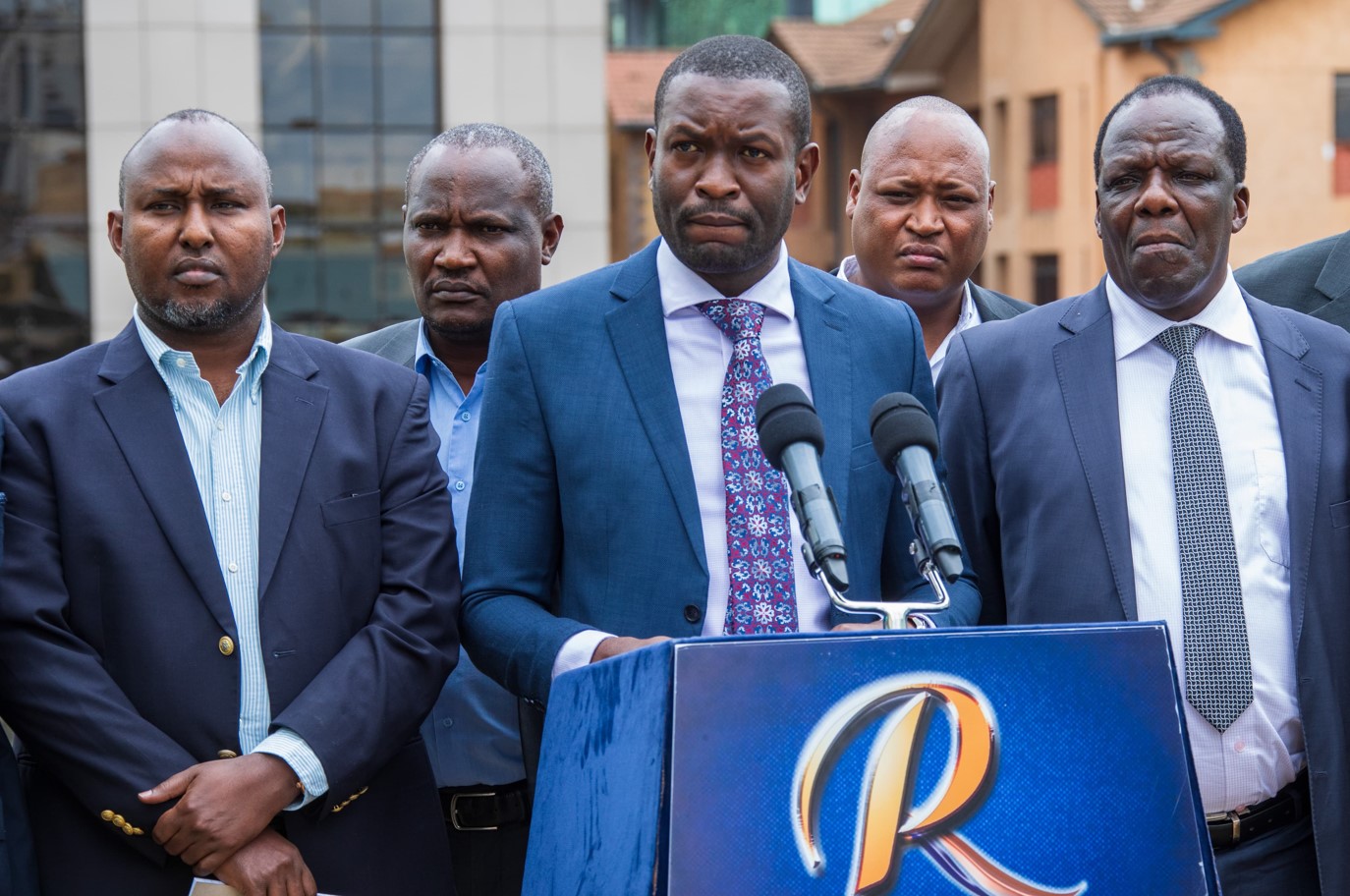
The recent growing disillusionment against the government over rising cases of abductions and enforced disappearances could have been the Waterloo for Odinga's party.
The decision by Raila Odinga’s Orange Democratic Movement (ODM) to work closely with President William Ruto's administration under the broad-based government arrangement continues to divide the opposition party that was once seen as formidable.
The revelation by its Secretary-General Edwin Sifuna on Thursday that there is no agreement between the Orange party and Ruto's United Democratic Alliance (UDA) to join hands in the 2027 presidential election contest could further strain relations in the party.
More To Read
- ‘Impeach Kahiga’ – Nyeri erupts after governor’s controversial comments on Raila’s death
- NCIC to summon Governor Mutahi Kahiga, warns ODM leaders over Bondo remarks
- Government condemns Governor Mutahi Kahiga’s remarks, warns against hate speech
- Leaders respond to Governor Mutahi Kahiga’s remarks on Raila Odinga
- Mutahi Kahiga resigns as Council of Governors Vice Chair, apologises for remarks on Raila's death
- Governor Kahiga faces uproar over 'insensitive' remarks on Raila Odinga’s death
"If you're unpopular, it doesn't matter how many leaders you bring together. Even if ODM supports Ruto, he will still lose the election. If you don't deliver on your promises, it doesn't matter who supports you, you will lose the elections," Sifuna said in a live television interview.
In his berating of Ruto's government, Sifuna said the clearest indication that the people around the President have noticed that things are not okay is by listening to what they are saying.
“They are no longer parroting his perceived successes but instead (are) threatening to violate the constitution."
Sifuna's take could jolt the party that has a section of its members ardently supporting Ruto's excesses including contravention of the Constitution.
Abductions
The recent growing disillusionment against the government by Kenyans over rising cases of abductions and enforced disappearances could have been the Waterloo for Odinga's party.
While the party leadership came out to voice its concern over abductions of persons criticising Ruto and his administration, some lawmakers in Odinga's party continue to support the acts of high-handedness by the state which contravene the constitution.
Following a wave of protests that led to arrests, abductions, outcry and condemnations, Homa Bay Town MP Peter Kaluma said in a post on his X page that he was happy that the demonstrations were not widespread and that it is now the turn of their political opponents to picket against the government.
"The budget for tear gas, bullets and police can't be reserved for our people each fiscal year. We lost many people last year, even as those now calling us to demonstrate celebrated the killing of economic terrorists," wrote Kaluma on X.
He went ahead to ask the police to stock enough tear gas to tackle the protesters.
Another ODM lawmaker, Alego Usonga MP Samuel Atandi, rubbished the viral reports of abductions, saying most are false and baseless propaganda. The lawmaker claimed that political machinations are behind the ongoing narratives which are designed to tarnish the government's name.
Atandi claimed that while there may be isolated genuine cases, most of the abduction claims are baseless propaganda.
Minority Leader Junet Mohamed, a member of ODM and a close ally of Raila Odinga, also blasted Ruto's critics, calling for the arrest of those creating caricatures of government officials on online platforms.
Changed ODM's fortunes
Political analysts who spoke to The Eastleigh Voice observed how Odinga's cooperation with Ruto's government has changed his party’s fortunes.
Lawyer and governance expert Javas Bigambo says that the preservation of party leadership interests and party ideological preservation are antithetical concepts to ODM.
"The rivalry of Raila Odinga's interests and the interests of the ODM party point in different directions. That's why Raila entered into a working arrangement with the Kenya Kwanza government without the ratification of that decision by party organs and members,' argues Bigambo.
In his view, ODM remains a premier political party with significant political capital, and on the other hand, Odinga's personal political capital has significantly tanked in many parts of the country other than Luo Nyanza.
"It therefore implies that while the ODM party stands for social justice, Raila stands for anything that serves his interests, and that is the character of Kenyan politics. But Raila cannot be divorced from ODM. So, it is unavoidable to conclude that ODM's standing has been and will always be affected by Raila's political decisions," he notes.
His counterpart Mark Bichachi, however, says that ODM has not lost popularity. He thinks that the party is at a prime location to shape the future of Kenya.
"This also means that they are going through a transition from a grievance and opposition-based party to a pro-government party. The question is whether the people will make the transition with them. If the people do follow them then President Ruto will have the biggest coalition into 2027. If the people don't, then Nyanza and Coast regions will have many new parties and leaders coming up," notes Bichachi.
Top Stories Today
